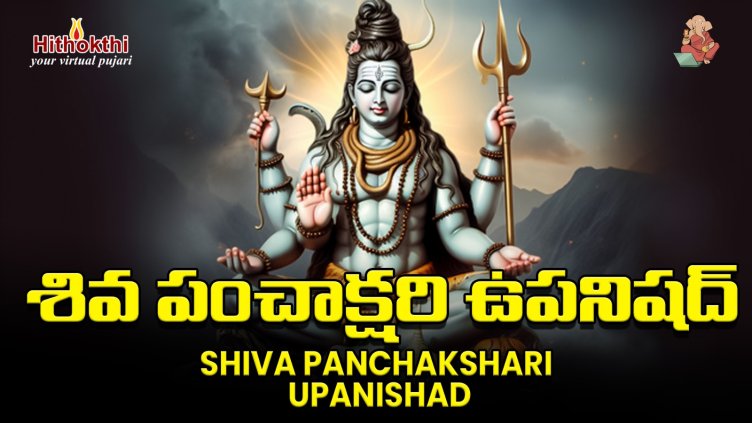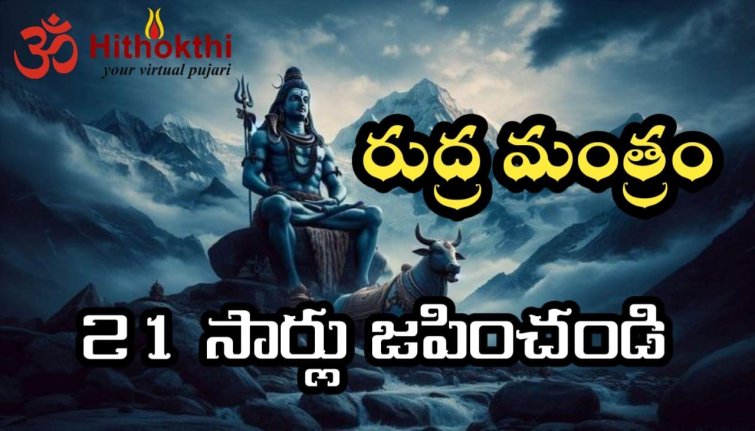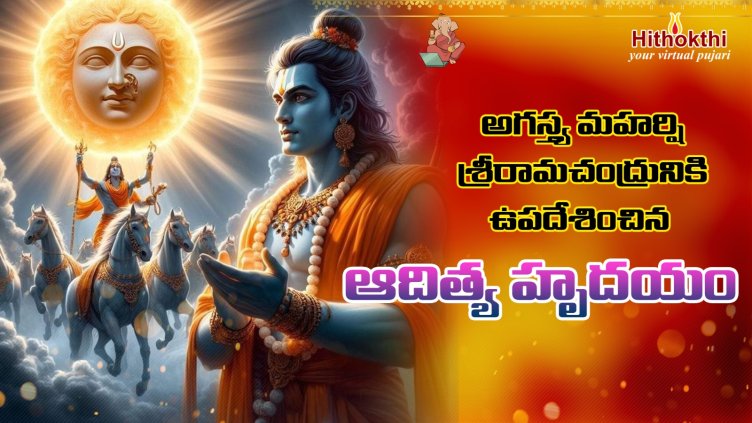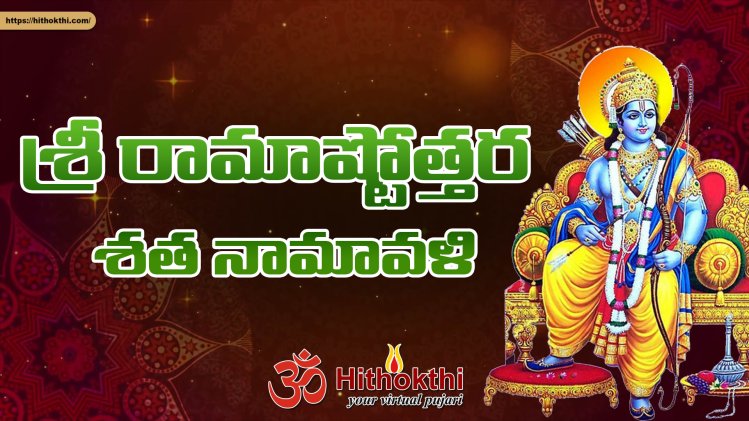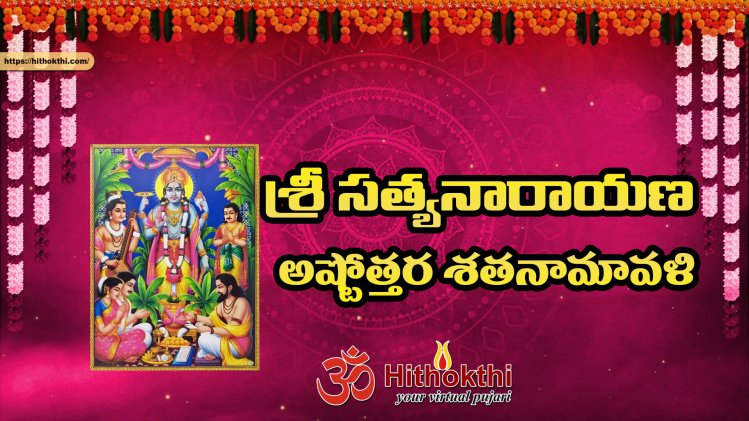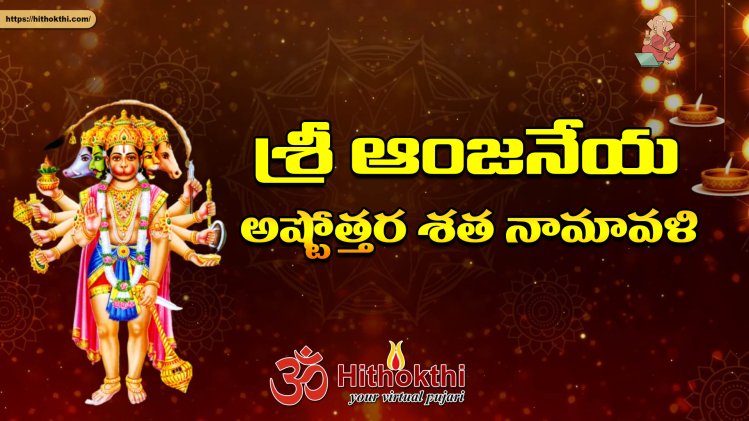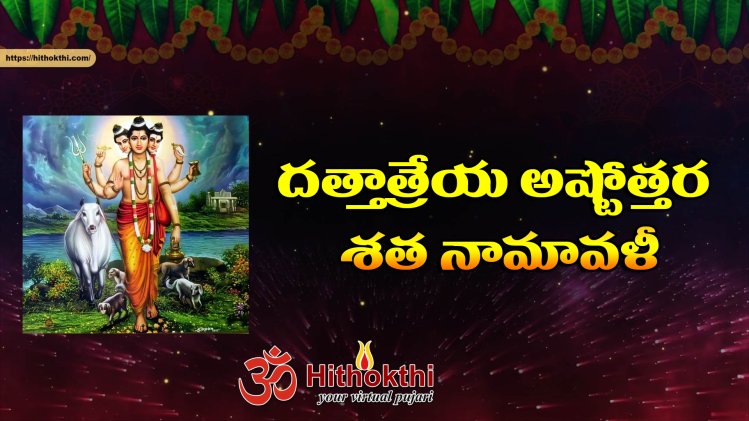16th Annual Festival of Indian Classical Music and Dance, New Delhi

New Delhi April 28, 2014: A tabla exponent, Biswajit Deb is among the accompanying artists in the festival
Biswajit Deb on his organisation that supports artists through promotion of lesser-known talent and medical treatment
As he prepares for the start, this Monday evening, of the 16th Annual Festival of Indian Classical Music and Dance of his organisation Classic, founder secretary Biswajit Deb is likely to have lost a lot of sleep. By his own admission, for 15 days before the festival, he finds himself unable to sleep nights. But that doesn’t mean he is lacking in energy. Also a tabla exponent, he is among the accompanying artists in the festival. “It is a very tough job,” he concedes on the dual role of organiser and artist, “but by the grace of God things are getting better, and I am sure they will keep getting better.”
His conviction is based in the two main motives of the organisation. The first is to give a platform to upcoming artists, or those who are unknown but talented. Artists are selected for the festivals based on lists of deserving individuals compiled in Madhya Pradesh, Maharashtra and states of the Northeast. However, a mix of senior and lesser known names is picked to ensure audience interest.
The second aspect of the work is financial support for medical treatment. “We are a small organisation, but every year we invite some two or three senior artists and help them out by getting their medical treatment taken care of. Sometimes they are not in a position to come, so we call in their children. We see that artists often, when they reach the last days of their lives, end up in a sad condition, unable to even afford treatment, so we feel we should do whatever we can, with small amounts of money, say, 10,000 rupees.” The knowledge that even renowned artists fail to make enough money while in their prime to save for retirement has driven this part of the programme. “From July we hope to organise free medical camps of about three days for artists. We have some six or seven doctors associated with the organisation, and they have agreed to take part,” he adds. The camps will be held in Delhi, Kolkata and Agartala, the three cities in which Classic is active.
When Deb was a young man planning to make a career as a mechanical engineer, it was a twofold impact that initially set him on course to being a professional musician. On the one hand, his boss advised him to give up engineering in favour of a life of creativity. Meanwhile, a senior musician advised him to give up all hope of making ends meet as a musician and concentrate on his engineering. He then went for advice to late Pandit Ajoy Sinha Roy. “He told me, you are well educated. There are plenty of people performing. Do something different and constructive,” recalls Deb. This injunction planted the seeds of his organisation, with whom are associated — among others — Dr. P.P. Bose as chief patron, Pradeep Kaura as president, Ashok R. Bhattacharya as vice president and Dr. Vandana Roy as chief advisor.
“The main problem is funds. We really have to struggle a lot, while those who may not be doing this kind of work, but who have made a name for themselves, get funding in lakhs,” he remarks. “For a small organisation like ours even Rs.25,000 is considered a large amount.”
He adds, “For the last few years we are getting some help from the Ministry of Culture and from the East Zone Cultural Centre.”
Thus, he is hopeful that Classic too will grow in recognition.
The festival takes place on April 28 and 29 at Muktadhara Auditorium, 18&19 Bhai Veer Singh Marg, Gole Market, New Delhi, 6.15 p.m., and on April 30 & May 1 at India Habitat Centre, Lodhi Road, New Delhi, 7 p.m.

